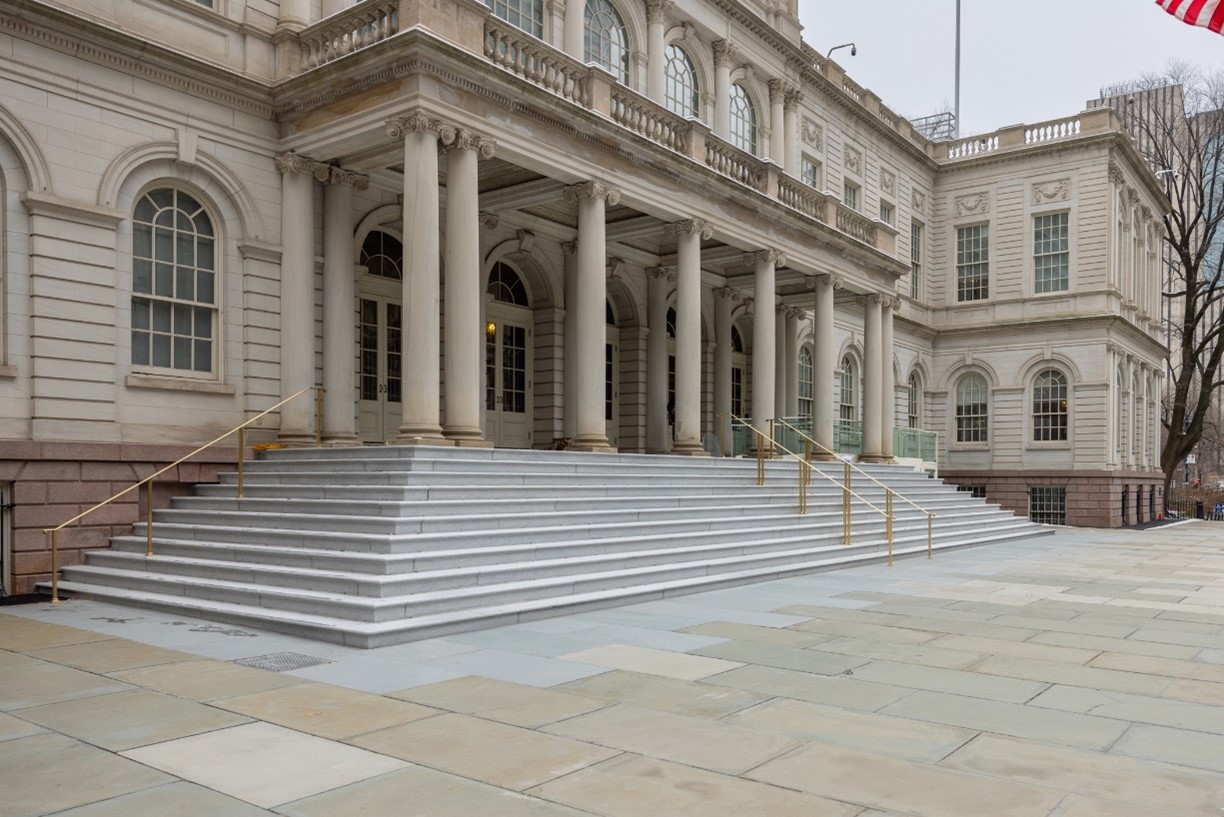There’s palpable excitement surrounding Zohran Mamdani’s unexpected win in the New York City Democratic primary for mayor. Yet, amidst the celebration, we must ask: what does victory truly mean in a system designed to stifle radical change? As reported by Brookings, Mamdani’s platform, which includes proposals like a rent freeze and free transit, reflects a progressive agenda that could resonate with a city in crisis. But the history of electoral socialism in the U.S. teaches us that winning elections is merely the beginning of a much more complicated struggle.
Historical Context of Electoral Socialism
In the wake of the civil rights movement and the New Left’s decline, America has seen a surge of quasi-socialist figures rise to power. Politicians like Jean Quan in Oakland and Ed Lee in San Francisco entered office with progressive ideals yet faltered under systemic pressures. Quan, who once fought for the rights of tenants, ended up overseeing the violent repression of the Occupy Oakland movement. Similarly, Lee’s tenure saw the unchecked expansion of gentrification in a city that became a playground for tech giants.
Mamdani and the Weight of Structural Forces
As Suchitra Vijayan aptly points out, even if Mamdani triumphs in the general election against formidable opponents like Cuomo and Adams, he will inherit an NYPD equipped with advanced surveillance technologies and a justice system steeped in punitive practices. Will he transform these institutions into instruments of social justice? The question remains not just rhetorical; it highlights the fundamental limitations of electoral politics. According to historical patterns, mayors, regardless of their ideological leanings, often succumb to the same economic imperatives that govern traditional capitalism.
\n\n
Historic City Hall Steps Re-Open After $4.6 Million Project ...
The Illusion of Change Through Elections
It is essential to recognize that the mere act of voting for a progressive candidate does not dismantle the structures of capitalism, patriarchy, or systemic racism. As history has shown, electoral victories can result in diluted policies that do little to disrupt the status quo. For instance, Bill de Blasio, once heralded as a progressive champion, expanded the NYPD in response to public safety concerns rather than addressing the root causes of crime. His administration’s housing policies also perpetuated gentrification under the guise of affordability.
The Need for Autonomous Movements
Social justice cannot be confined to the ballot box. True change requires the mobilization of grassroots movements that exist outside the confines of state power. Autonomous counter-powers can hold elected officials accountable and create an environment where progressive policies are not just campaign slogans but realities. Mobilization beyond electoral cycles is crucial in fostering an atmosphere where politicians like Mamdani can pursue genuinely transformative agendas without fear of backlash from entrenched interests.
\n\n
New York lifts COVID mask mandate for public transportation
Recognizing the Limits of Electoral Politics
The reality is that Mamdani’s victory, while significant, is not a panacea for the myriad issues facing New Yorkers. It represents a shift in leadership but does not inherently equate to a radical transformation of governance. The systemic pressures that compel elected officials to cater to capital interests remain intact. If we place our hopes solely on Mamdani’s shoulders without building the necessary societal infrastructure, we risk repeating a cycle of disappointment.

![[Video] Anti-ICE Protester Pepper Sprayed as CBP Agents Disperse Crowd in Minneapolis](/_next/image?url=%2Fapi%2Fimage%2Fthumbnails%2Fthumbnail-1768260677127-y71sb7-thumbnail.jpg&w=3840&q=75)

![[Video] Several injured as U-Haul truck drives through Iranian protestors in Los Angeles](/_next/image?url=%2Fapi%2Fimage%2Fthumbnails%2Fthumbnail-1768176682028-q95y6j-thumbnail.jpg&w=3840&q=75)
![[Video] Scuffle breaks out between Trump supporters and Anti-ICE protesters in Times Square](/_next/image?url=%2Fapi%2Fimage%2Fthumbnails%2Fthumbnail-1768165958203-hgcgb-thumbnail.jpg&w=3840&q=75)


![[Video] Gunfire between Iraqi security forces and Sadr militias in Baghdad](/_next/image?url=%2Fapi%2Fimage%2Fthumbnails%2Fthumbnail-1768343508874-4redb-thumbnail.jpg&w=3840&q=75)
